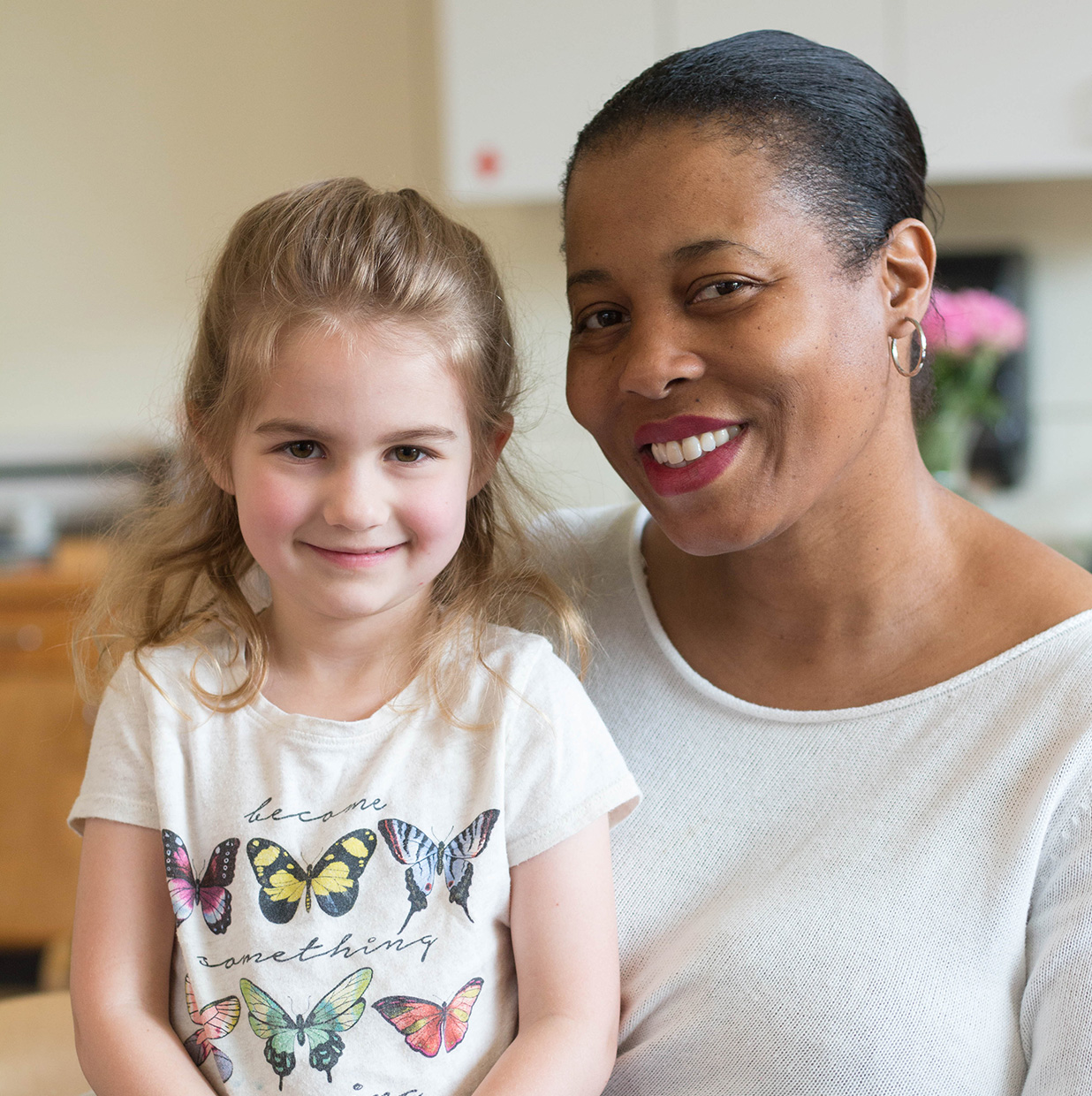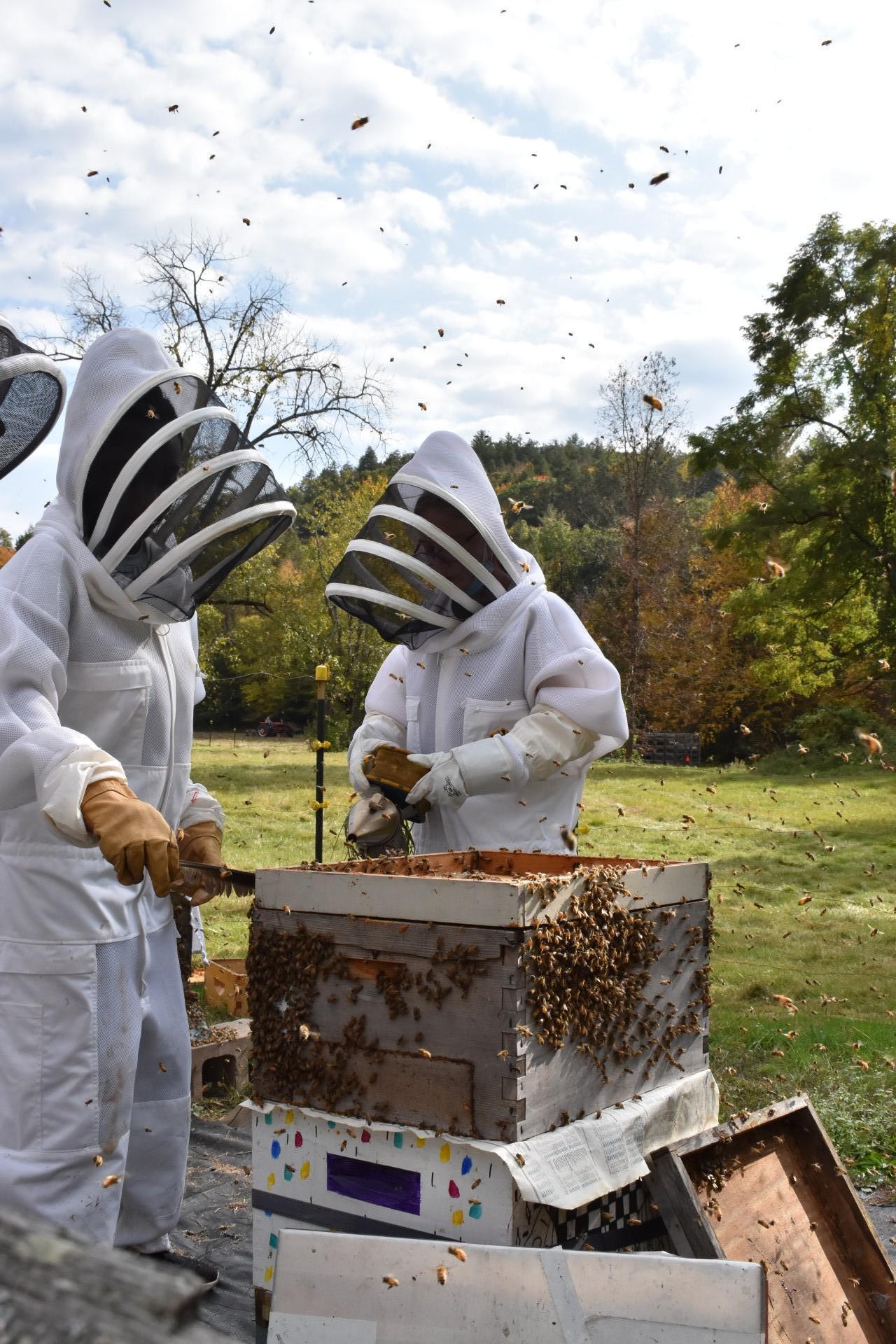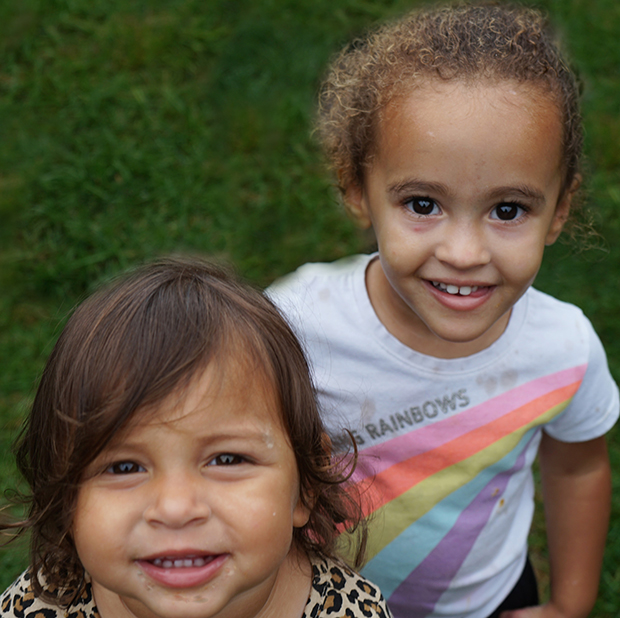The Power of Music
April 25th, 2018
The universal language of music is revered by every culture. It enriches quality of life and offers fundamental learning experiences for children. Exposure to and interaction with a variety of music is important as it assists in extending and applying knowledge acquired, creates opportunities for self-expression, and deepens an appreciation of different cultures. Opportunities for young children to experience and interact with music allows for an expanded understanding of the self and the world.
Music appeals to everyone. Even before birth, our sense of hearing is remarkably advanced and attuned to such experiences as lullabies. Studies have demonstrated infants recognizing and favoring sections of music they were exposed to while in the womb! The band, Miami Sound Machine, was telling the truth, because as studies now show, music is in our DNA, and eventually the "Rhythm Is Gonna Get You."
In additional to its universal appeal, music also lays the foundation for acquiring language. The young child effortlessly absorbs the sounds and vocabulary used in his environment. For example, singing is an ideal language building opportunity for the young learner. Many songs involve repeated verses and children often request the same songs over and over again. The repetition of words serves to develop both receptive and expressive language. Also, playing music invites fun movement and social interaction activities. Language development takes place through physical activity, when children can hear and see how words are produced. Physically singing and dancing with your little one is the best ways to use music as a vocabulary building exercise.
Music has always played an important role in human culture, contributing to how humans express themselves, celebrate, and establish the rhythm of daily life. Music is living history; we interact with it, create it, and pass it on. Every child, from birth, is on a quest to understand and adapt to his culture. With ongoing exposure to musical experiences, children become sensitive to the rhythmic and melodic aspects of their culture. Music serves as a bridge to other cultures. Even if we can't understand the words, we can respond to the rhythm and the melody.
Whether your baby is 15 days, 15 months, or 15 years old, finding opportunities as a family to enjoy music is invaluable to your child. Whether at a concert or dancing to the beat in your living room, offering children music is a gift that will enrich their minds, their cultural understanding, and fill their hearts with joy.
-Toko Odorczuk
MSGH Outreach Coordinator
As our Outreach Coordinator, Toko, provides parenting and infant/baby classes to our families and throughout the community.














